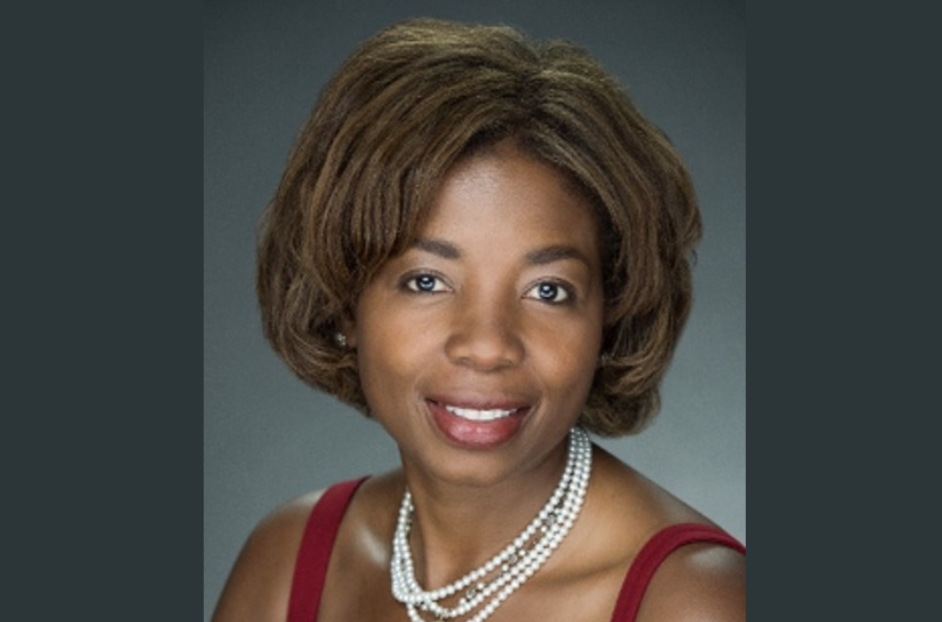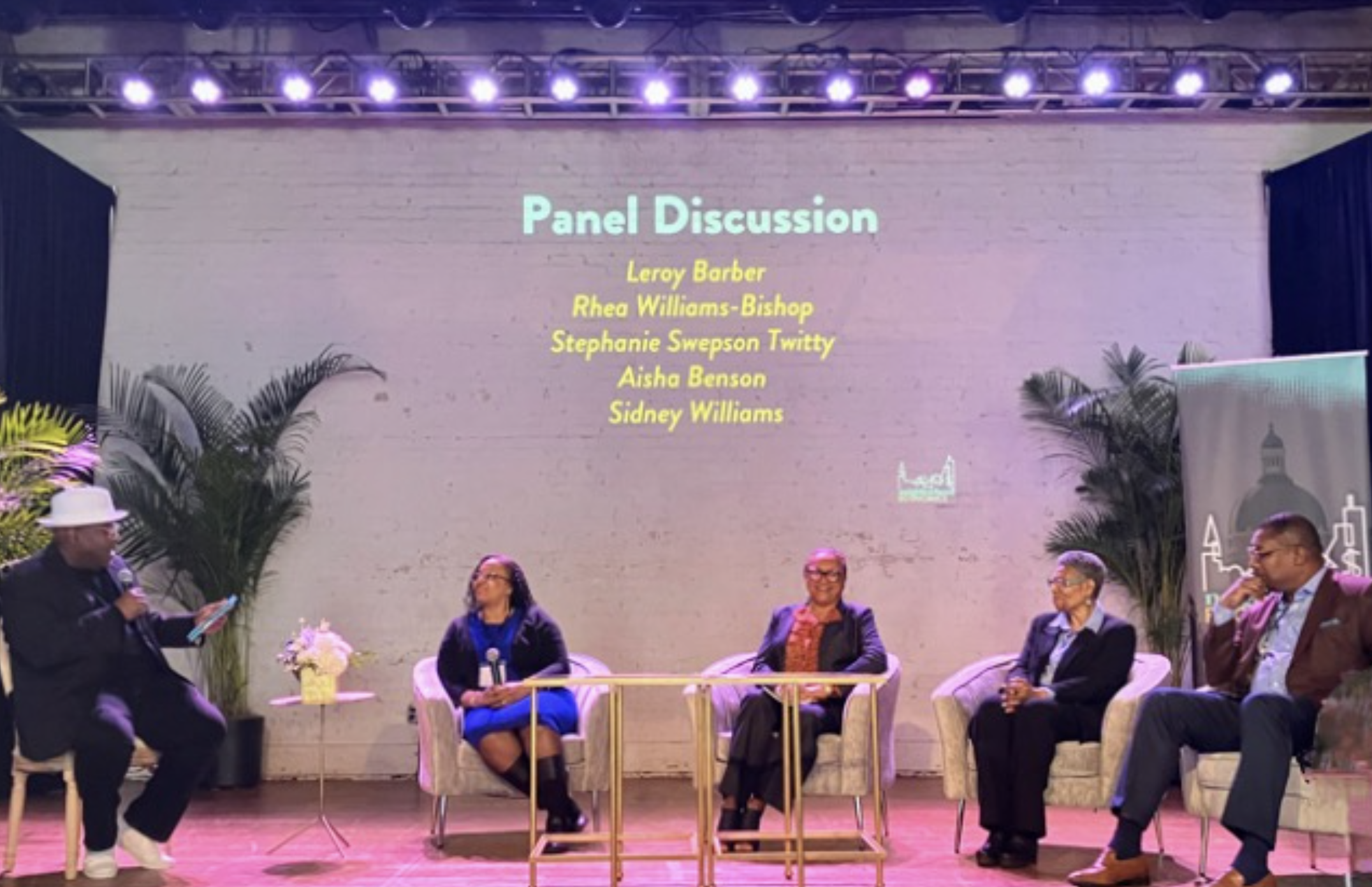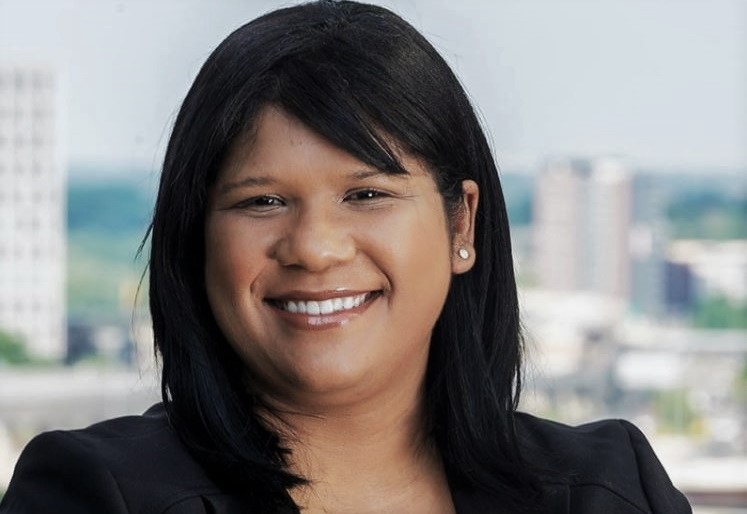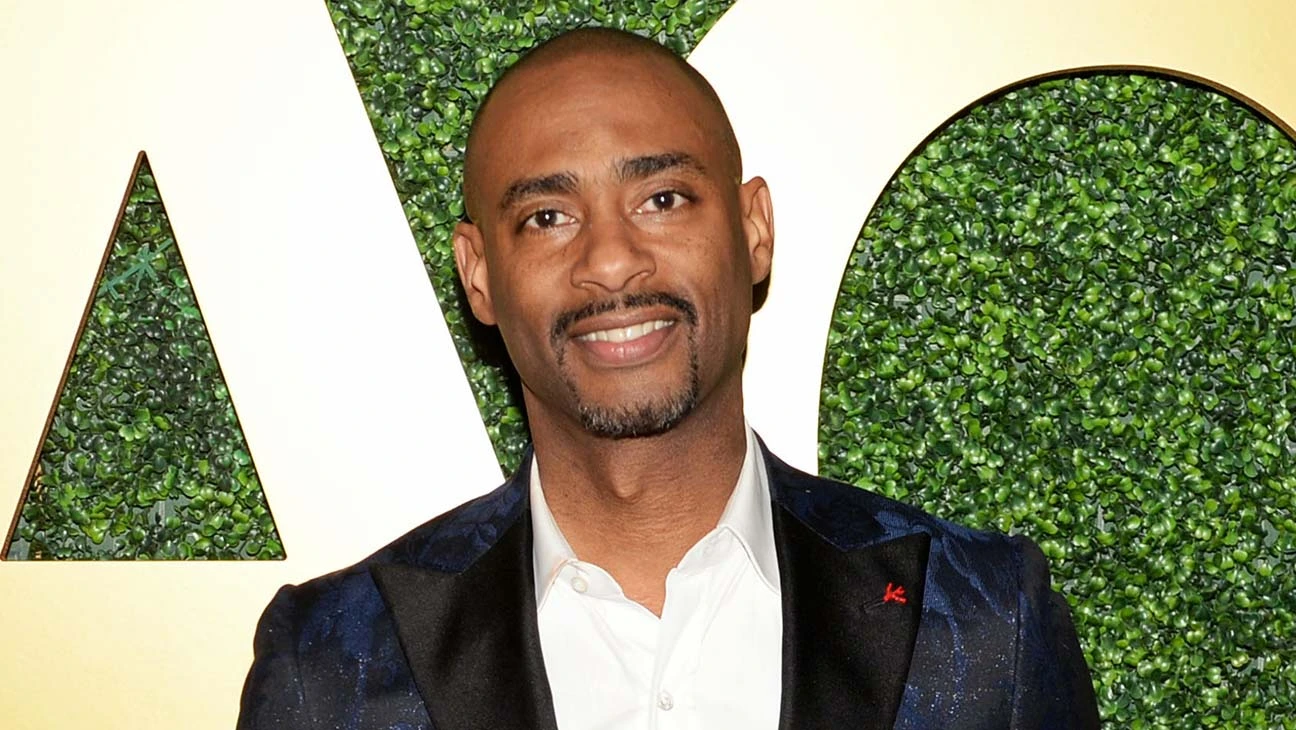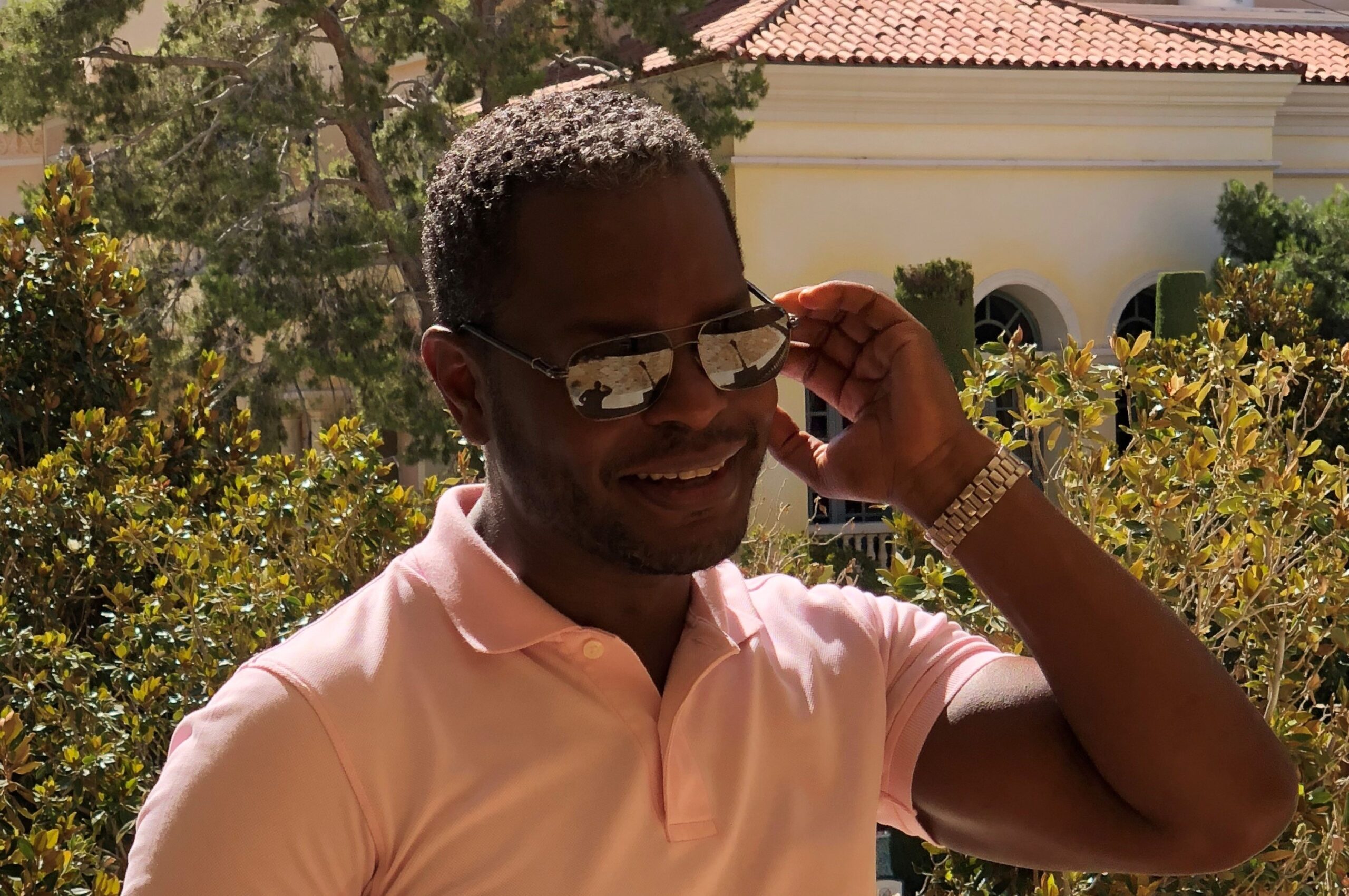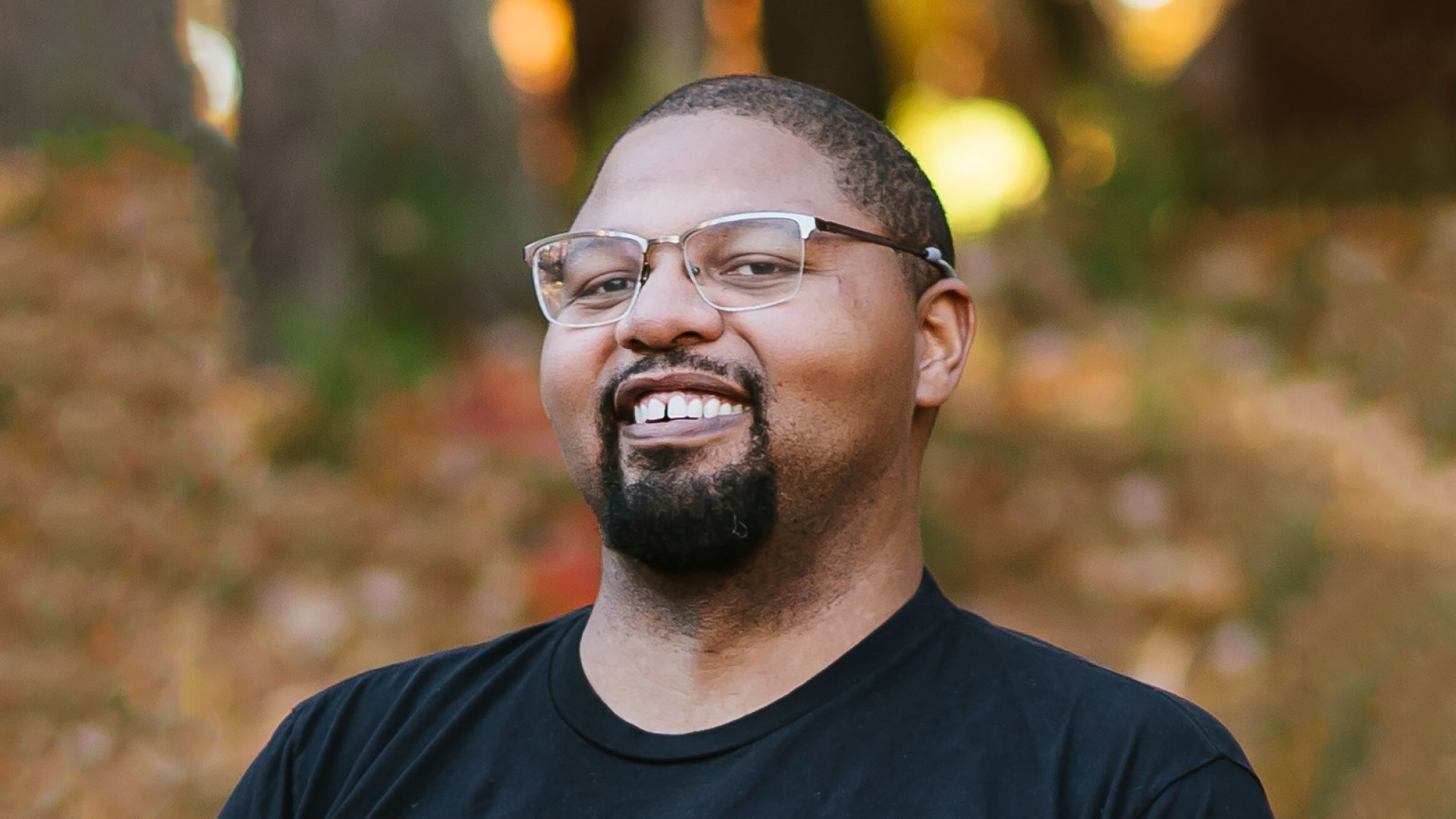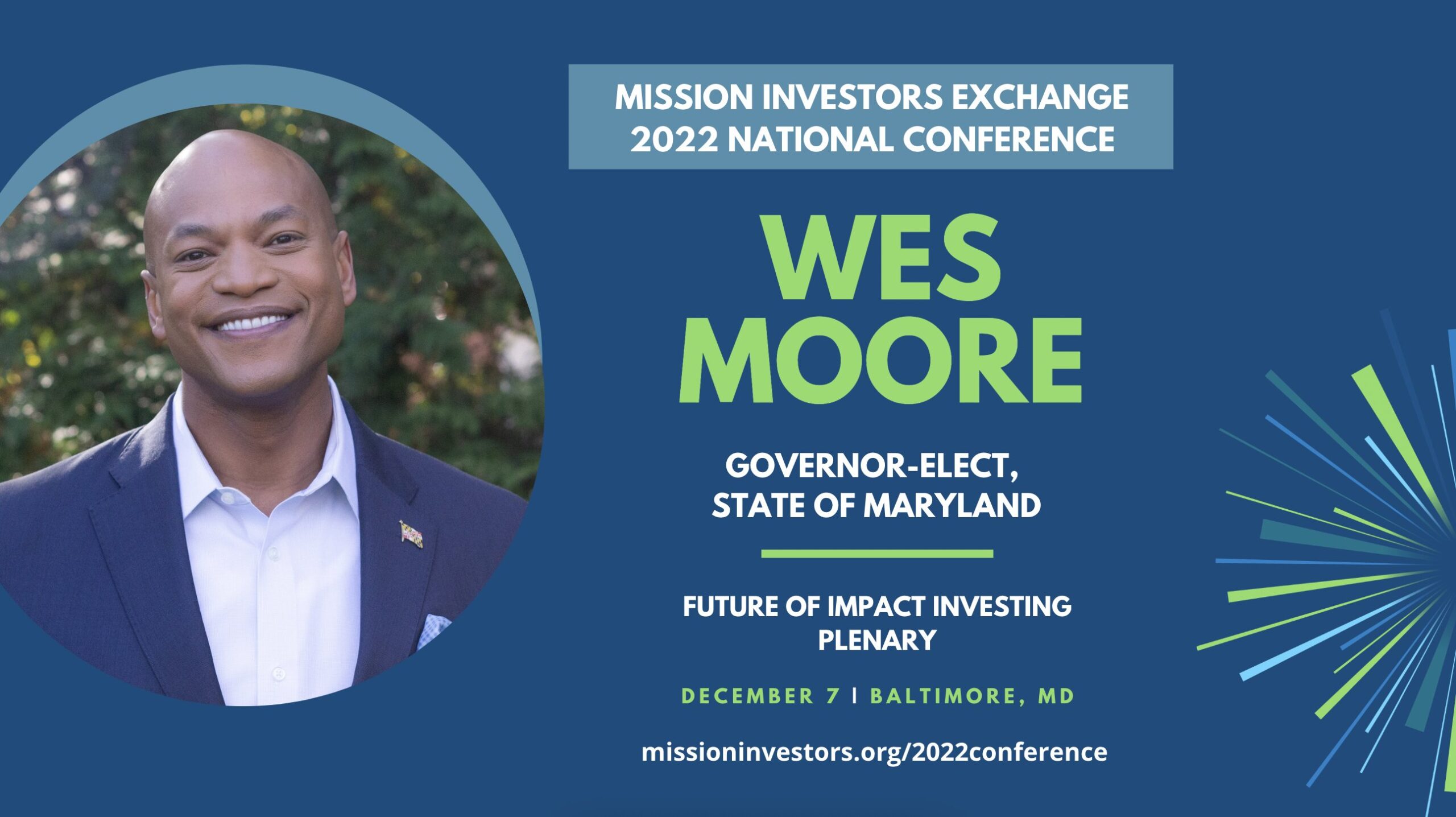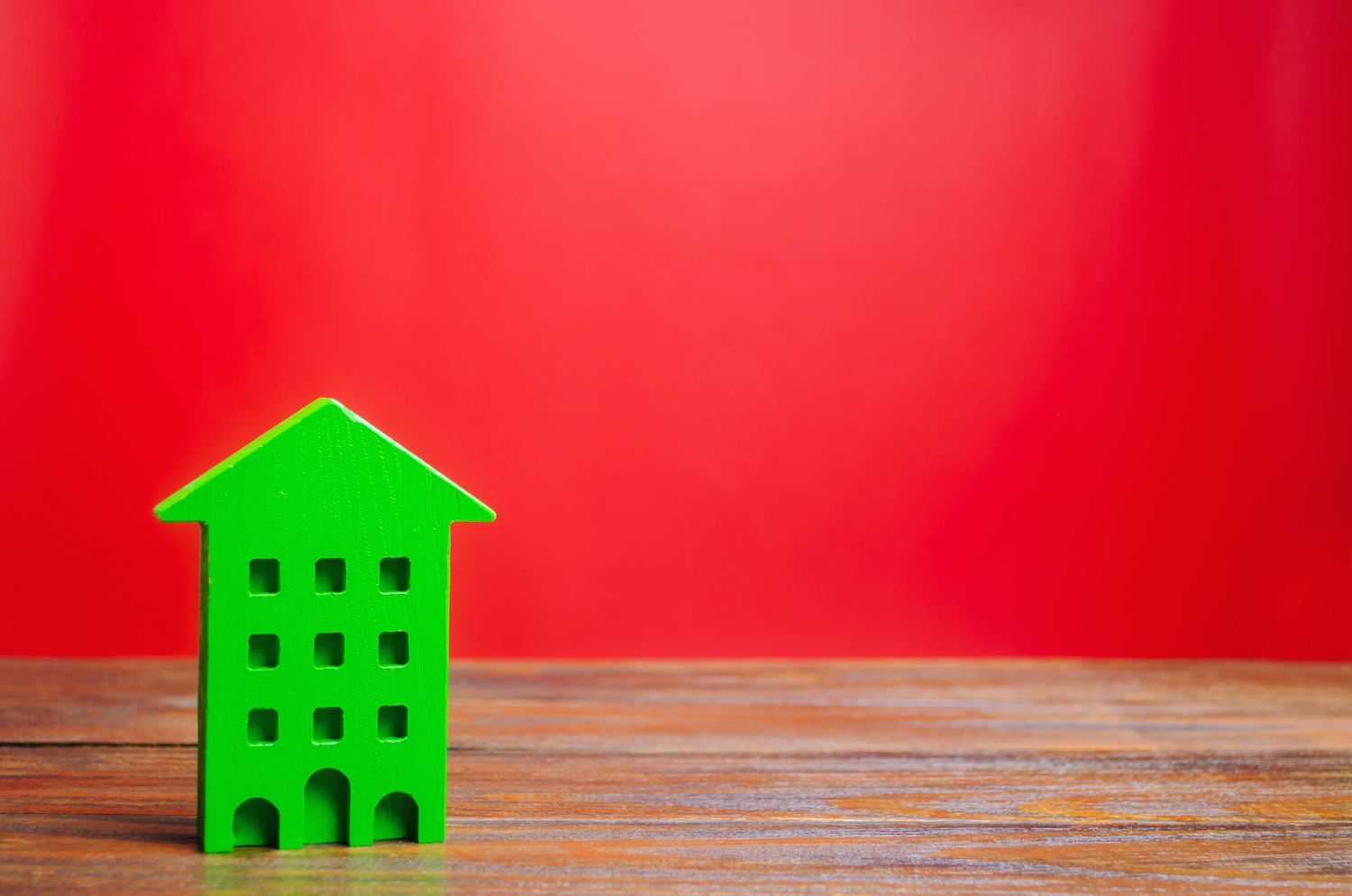ImpactAlpha, May 17 — Women are not waiting to be saved. Women are doing the saving.
That’s the mantra of Patience Marime-Ball, who has set an ambitious goal to raise $5 billion for Women of the World Endowment to catalyze investment in women and girls and change who has decision-making power over investments more broadly.
Marime-Ball joined Monique Aiken on The Reconstruction podcast in conversation about intersectional thinking and solidarity across movements, WoWE’s vision of narrative change and her journey to center women in service to the well-being of all.
Marime-Ball, who grew up in Zimbabwe and earned both an MBA and a law degree from Northwestern University, is a veteran of the International Finance Corp.’s Banking on Women initiative, early gender bonds and the Women Entrepreneurs Opportunity Fund. More recently, she has been a venture advisor at Golden Seeds, ATP Fund, among others. Marime Ball continued to invest in gender-diverse teams from her own account after taking an early-retirement offer from the IFC.
“I started getting frustrated at the fact that the bigger market – the institutional pools of capital – were not seeing this opportunity the way I was seeing it,” she tells Aiken. “Out of that frustration, and out of that clear view of the opportunity, I decided to develop the Women of the World Endowment.”
The $5 billion target for the Women of the World Endowment is a 10-year goal. She is making the nonprofit a demonstration of the performance of a 100% mission-aligned portfolio. The aim is to “invest in women as drivers of change, women who are doing the frontline work,” Marime-Ball says. ”Why don’t we give them the power to actually direct the capital that fuels those areas of all communities and all in our world.”
Marime-Ball is a member of As You Sow’s Prison Free Funds and Racial Justice Initiative Advisory Committees, which recently released a ranking of how many among S&P 500 companies are living up to their to pledges and commitments to racial justice.
New narrative
Marime-Ball says that we need to change the narrative from women as beneficiaries to women as drivers of solutions, who can lead extraordinary change if their control over capital matched their contributions. Investing in the success of women and girls is the closest thing to a silver bullet solution available to humanity.
She acknowledges, however, that neither a sound investment strategy nor facts on the magnitude of injustice will change anything on their own, echoing the insights of Dr. Tiffany Manuel and Rey Ramsey in earlier episodes of The Reconstruction podcast that the shift in the capital must be matched by a shift in the narrative.
In the previous financial crisis, she was taken by an observation by Christine Lagarde, now head of the European Central Bank, that “If it had been Lehman Sisters rather than Lehman Brothers, the world might well look a lot different today.”
Likewise, “Coming out of 2020, we all have seen things we cannot unsee,” says Marime-Ball. Women and BIPOC also took the brunt of job losses globally in 2020 in the triple pandemics of COVID, racism, and global economic slowdown. Businesses owned by women and BIPOC were hit disproportionately last year.
In the podcast, she walks listeners through a visual story of a better future. Take nurses, who were largely responsible for any wall that existed between patients and the pandemic. More than three-quarters of nursing staff globally are women.
“What if 76% of healthcare budgets were actually allocated through the sensibility of 76% of their staff, which happens to be female?” she asks. “Now, that kind of thinking is what we fuel with our capital. It’s what we want to invest into.”
Gender alpha
WoWE’s strategy is grounded in the growing evidence of the outperformance of gender-diverse teams and companies. For at least a decade, companies with gender-diversity on their boards and in their C-suites had more stable earnings and stock prices. Such companies emerged more quickly than their peers from the Great Financial Crisis.
McKinsey’s multi-year research on diversity, covering 15 countries and more than 1,000 large companies as of 2020, has consistently correlated diversity on executive teams with stronger financial performance. Knight Foundation found that diverse-owned asset management firms perform better than or comparable to benchmark.
And an analysis by Harvard Business School of data on every US-based VC organization and investor from 1990-2016 shows that diversity may causally improve investment decisions. Racial bias compromises financial judgement. And the better that racially diverse asset management firms perform, the more negative bias they may face.
Yet less than 4% of the approximately $70 trillion of assets under management is managed by women or people of color.” The percentage of women fund managers in the US may have actually declined from 13.8% in 2000 to 11% in 2019, according to Morningstar – and that pattern may extend to sustainable investing as well.
The endowment looks for private and public companies that score well across five dimensions of gender, including women in leadership; women in finance (for example, as fund managers or on investment committees); pay equity, workforce participation and other indicators of fair treatment; and products and services improving women’s lives.
Women of the World’s nonprofit status allows it to raise donation capital for its evergreen endowment. The capital will be invested for both financial and impact returns, and the income will be used to provide grants to build the market.
This podcast is part of ImpactAlpha’s new podcast series, The Reconstruction. Host: Monique Aiken. Editor: David Bank. Producer: Isaac Silk. Special thanks to Lyneka Little and Cesar Chavez.
Find episodes of The Reconstruction podcast, and all of ImpactAlpha’s coverage of racial justice and inclusive prosperity, on The Reconstruction landing page.

